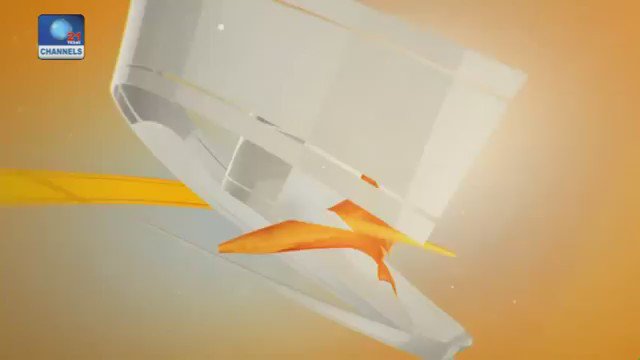The federal government is set to obtain loans from the World Bank, African Development Bank, the China Export-Import Bank and the Japan International Cooperation Agency (JICA) as part of a new external borrowing plan.
The decision to embark on external borrowing was taken on Wednesday at the meeting of the federal executive council (FEC).
The presidency on Thursday stated that the external borrowing plan entails a low-interest, long-term borrowing plan. The loans will have a 20-year tenor with 1.25 per cent interest rate.
Aside the concessional loans, the presidency stated that there will also be a FGN Eurobond, details of which will be provided in due course.
Nig External Borrowing Plan -low-cost, long-term loans (1.25% interest; 20yr tenor)- approved by FEC. Now awaiting @nassnigeriaapproval 1/
Proceeds of the external borrowing is to be directed at major sectors such as health, power with a focus on transmission, agriculture and mining development.
Meanwhile, the special adviser to the president on economic matters, Dr Adeyemi Dipeolu, has said the government anticipated the recession of the economy.
Dr Dipeolu, while speaking on a Channels Television programme, Sunrise Daily, stated that the government all along expected a slow-down in economic activities having seen the decline in crude oil price.
“As far back as when the budget was being articulated, provision was made to try and ensure that the country did not fall into deep economic recession and to avoid austerity which goes with it. In the budget, provision was made to keep spending going by focusing on capital expenditure and ensure that rather than retrench, people are kept at work,” Dipeolu said.
The president’s economic adviser however noted that the reduction in oil production by almost a million barrels affected some of the plans earlier made.
Dipeolu admitted that there were also structural factors to address, such as Nigeria’s consumption model which had a 70 per cent import component.
The economic adviser stated that some of the policies now required were those that could fast-track the implementation of ideas earlier articulated by the government.
It will be recalled that it was recently reported that there was a plan to request for emergency powers on the economy for the president which was met with widespread criticism.
Spokesman for the vice-president, Laolu Akande had thereafter explained that the economic team which comprises of the vice-president, the special adviser on the economy and some other government officials had considered possible steps to eliminate certain hurdles to government spending. He however said that the plan was yet to be presented to the president.






0 comments:
Post a Comment